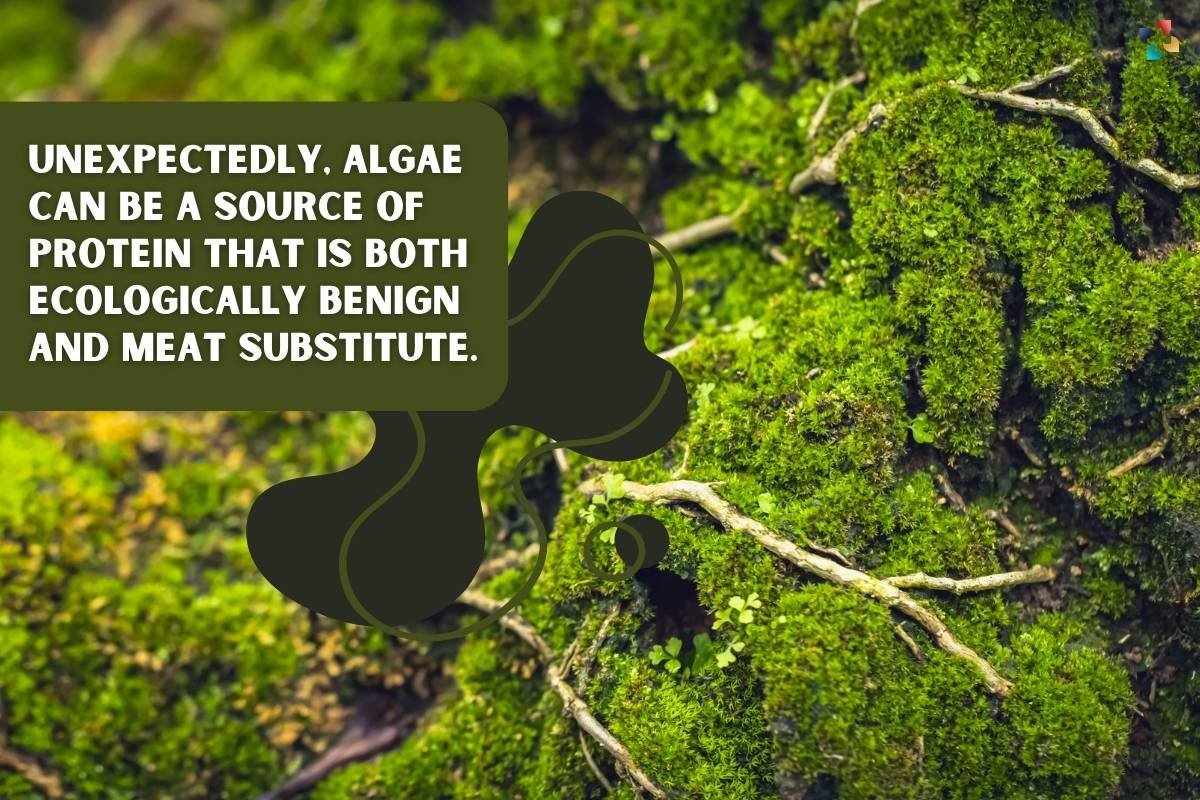As more people hunt for plant-based source of protein instead of meat, recent studies have discovered an unexpectedly eco-friendly one: algae.
The University of Exeter study is the first of its type to show that eating two of the most widely accessible algae species is high in protein, supporting muscle remodelling in young, healthy people. It was published in The Journal of Nutrition.
According to their research, algae might offer an intriguing and long-term substitute for animal-derived protein in terms of helping people maintain and gain muscle.
According to University of Exeter researcher Ino Van Der Heijden, “Our work has shown algae could become part of a secure and sustainable food future.” Growing numbers of individuals are attempting to reduce their meat consumption for moral and ecological grounds, which has increased interest in sustainably produced and non-animal source of protein. We think it’s critical to begin investigating potential substitutes, and we’ve found that algae is a viable new source of protein.”
The ability of foods high in necessary amino acids and protein to promote the synthesis of muscle protein can be assessed in a lab setting by tracking the rate at which labelled amino acids are incorporated into the proteins that make up muscle tissue.
Proteins obtained from animals strongly promote the synthesis of muscle proteins during rest and after exercise.
But since the manufacturing of animal-based protein is linked to a growing number of ethical and environmental issues, it has recently been shown that algae offers an intriguingly eco-friendly substitute for animal-derived protein.
The two most widely accessible algae that are grown under regulated conditions and are high in protein and minerals are spirulina and chlorella.
It is unknown, therefore, whether spirulina and chlorella can increase the synthesis of myofibrillar proteins in people.
Researchers from the University of Exeter evaluated the effects of consuming spirulina and chlorella on blood amino acid concentrations, resting and post-exercise myofibrillar protein synthesis rates, and compared these results with an established high-quality nonanimal-derived dietary source of protein (fungal-derived mycoprotein).
An experiment with thirty-six young adults in good health was double-blind and randomised.
Participants had a drink containing 25 grammes of protein obtained from fungal-derived mycoprotein, spirulina, or chlorella after doing a session of one-legged resistance leg exercise.
Samples of skeletal muscle and blood were taken at baseline, as well as four hours after exercise and after meals.
Myofibrillar protein synthesis rates and blood amino acid concentrations in both resting and exercised tissue were measured.
Consuming protein raised blood amino acid concentrations; however, spirulina consumption resulted in the highest peak responses and fastest rate of rise when compared to mycoprotein and chlorella consumption.
There were no variations in the rates of myofibrillar protein synthesis between rested and exercised tissue after consuming protein; nevertheless, the rates were higher in the exercised muscle than in the rested muscle.
This is the first study of its sort to show that eating either spirulina or chlorella significantly increases the synthesis of myofibrillar proteins in both resting and exercising muscle tissue, and does so to a level comparable to that of a superior non-animal counterpart called mycoprotein.
Professor Leigh Breen of the University of Birmingham and Lucy Rogers highlight the benefits and strengths of these new findings in a supplementary essay. They also suggest future directions for study focusing on varied demographics, including older persons.
Also Read: Understanding Good Manufacturing Practices Training: Importance, Needs, and Requirements







